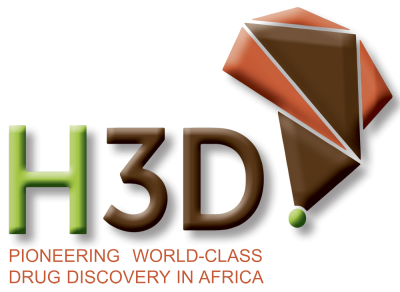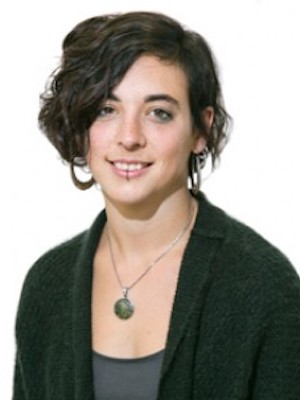How can research software impact global health? Learnings from the H3D Symposium
How can research software impact global health? Learnings from the H3D Symposium
Posted on 20 January 2023
How can research software impact global health? Learnings from the H3D Symposium
By Gemma Turon, SSI Fellow
 Photo by 2022 H3D
Photo by 2022 H3DLast month, with the support of my SSI Fellowship, I had the privilege to attend my first in-person global health conference, the H3D Symposium, hosted by the H3D Centre (University of Cape Town, South Africa). With an outstanding array of speakers, it was the perfect opportunity to learn about the latest developments in the field and understand how our small non-profit initiative, Ersilia, can develop software tools that effectively aid in the fight against infectious diseases. In this blogpost, I try to summarise what we learnt from our participation.
Infectious disease research in LMIC
Global health has been defined as the area of study that places a priority on improving health and achieving equity in health for all people worldwide (Koplan et al. 2009). It has many interpretations, depending on who is using the word and how, but commonly, it is used to refer to diseases that affect mostly low and middle income countries. At Ersilia we have started thinking about our use of Global Health and related terms, but this is a topic for another blog.
Infectious disease research has been traditionally underfunded and de-prioritized, with only 14% of the drugs in development targeting this disease area. In addition, researchers located in those countries mostly affected by communicable diseases lack the necessary support to carry on their research programs. According to the WHO, only 1% of the funding from major public agencies goes to LMIC institutions. In this context, the existence of organisations like the H3D Centre, which produce world-class research from Africa, for Africa, and focus on capacity building across the continent, is key (Winks et al. 2022). As more than one attendee noted, it is still the exception for African researchers to be able to attend high quality conferences in Africa.
The relevance of research software in this context
Computer-based research has a number of benefits for low-resourced fields, allowing scientists to save time and money when performing experiments, but its adoption in LMIC institutions is low due to lack of in-house experts and/or expensive software licences. At Ersilia, we are trying to overcome these challenges by providing free, easy-to use AI models for drug discovery.
As a two-year old organisation, we are still learning the most impactful way of working and collaborating with LMIC institutions. We had the chance to present the success story of applying Ersilia’s software to the H3D Centre drug discovery programs at this event, engaging in conversations with researchers, funders and other stakeholders, such as pharma companies, to understand how we can scale this model of collaboration and support.
From our participation in the symposium, it became clear that to enhance and facilitate the use of research software in low-resourced environments there is a combination of factors which need to be taken into account: open source, collaborative ways of working (we were approached by many scientists interested in sharing their data to generate new AI models), training and skills development for local researchers (I’d like to point out to the excellent work of the Dundee University in this area), and the implementation of graphical-user interfaces and easy deployment solutions for otherwise complex software (something we are really focusing on with the Ersilia Model Hub).
Finally, I can’t close this blogpost without mentioning my SSI Fellowship goals of bringing research software closer to experimental researchers (something I deeply care about coming from the lab bench myself) and building bridges between researchers in the UK and other countries. Participating in the H3D Symposium was a great opportunity to network and advance on those!
References

